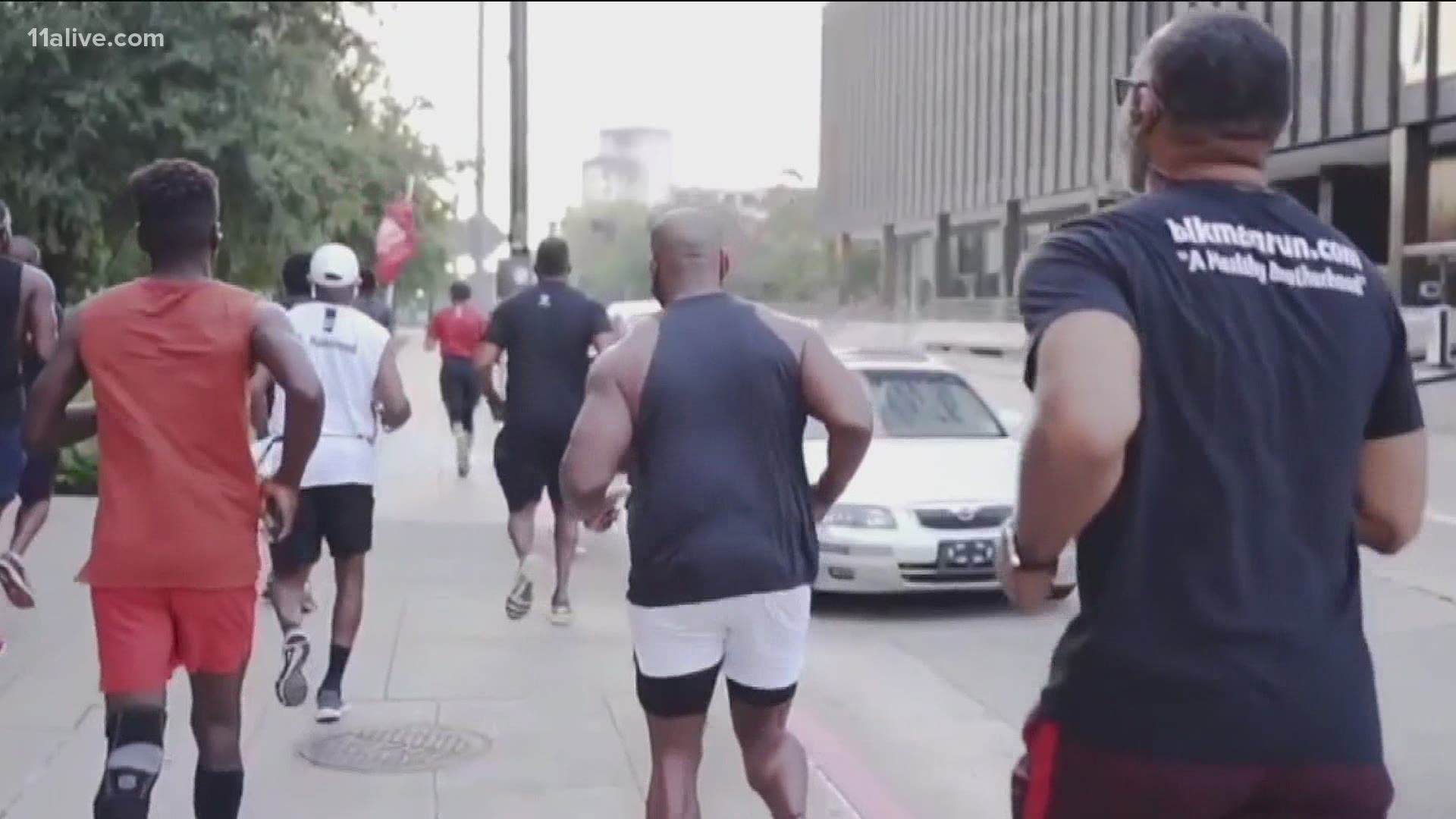ATLANTA — It's hard for Edward Walton to remember a time when he didn't run.
"My mom told me I was walking by seven and a half months, because I was sacred of the vacuum cleaner," Walton recalled, only half-jokingly. "So, when I hear it, I would jump up and run."
After running in college and the Navy, Walton had a desire to find a group of brothers to run with; and so with his long-time friend, Jason Russell, Black Men Run was born.
The group, founded in Atlanta nearly eight years ago, started with a simple mission: encourage Black men to run, no matter their level of athleticism. Armed with mottos like "No Man Left Behind" and the "Healthy Brotherhood," the organizations now has chapters across the country.
Alison Désir created the Harlem Run with a similar goal, but also because she felt there was safety in numbers.
"It was apparent I wanted to run with friends, because I knew there was safety in community, but certainly after what happened to Ahmaud Arbery, in broad daylight," Désir explained.

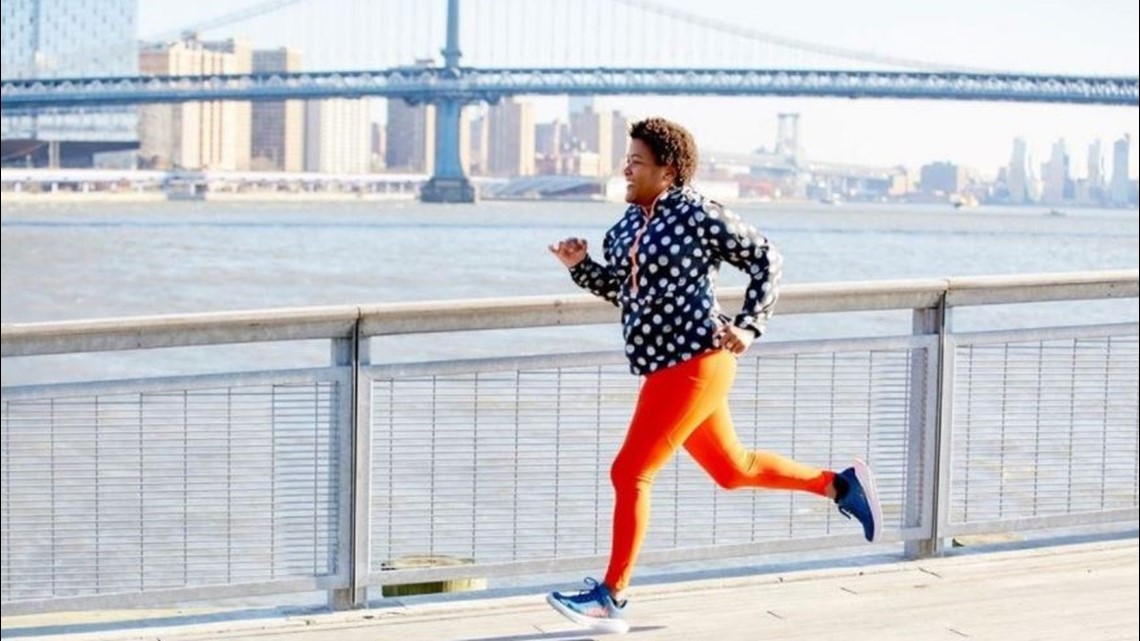
The Ahmaud Arbery story and video shook people to the core.
"I watched it once," Walton said.
Désir said even though she often had thoughts of what could happen as a Black woman running, the video still was a shock to her system.
"I immediately thought of my son, who is 19-months-old," she told 11Alive's Hope Ford.
"I thought, about, you know, 'how old does he have to get, before he's seen as a threat?'" she wondered. "Is he going to be Tamir Rice at 12-year-old? Trayvon at 16? I thought about my partner, and just the ways in which moving through life as a Black body is different than moving through life in a white body."
Arbery was running in a Brunswick, Georgia neighborhood when he was killed. For Black runners, his death was an example of why they sometimes find themselves going through a mental checklist before their shoes hit the pavement.
"I do the math every time I run. Every time. Do the math, and see if it saves your life," Walton said.
There's unwritten rules of running while Black:
No hoodies.
"Stay away" from certain neighborhoods.
Walton said he remembers a time when he traveled for work and stayed at a hotel in Des Moines, Iowa. Unable to resist beautiful fields nearby his hotel, he took a jog around the block to warm up.
"And as I'm running, this cop pulls up real slow," Walton recounted. "I thought, 'I'm going to turn and run up here real quick,' but I thought, that might get me killed. So I slow down and say, 'sir, what's going on officer?' He said there was a report of someone checking car doors near the hotel. I said, 'Oh! Okay, you need me to help find him?' And he looked at me like I was crazy."
Walton said the officer asked what he was doing. Walton replied with the simple truth. He was running.

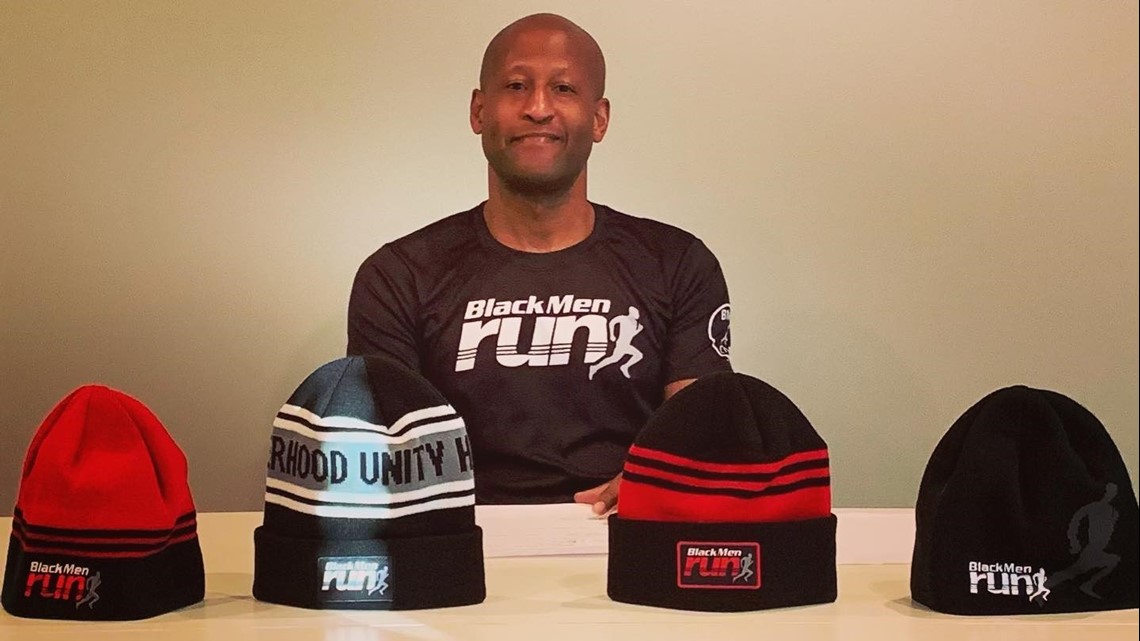
But that's not the only anecdote Walton can, unfortunately, quickly recall.
"We've been called the n-word while running," he said. "Had people come to their doors, especially when we run through neighborhoods we haven't seen."
Studies, like one from Running USA found under 10% of frequent runners identify as African-American, a suggestion that Black people don't run for marathons or pleasure. But, groups like Black Men Run count as many as 30,000 members.

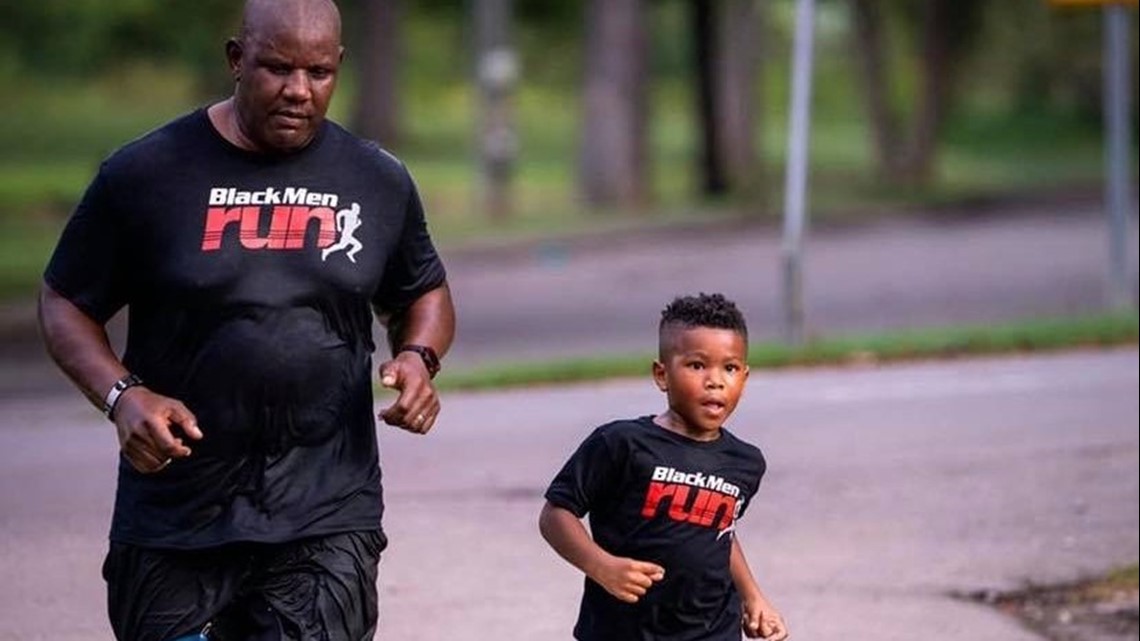
Désir stated the mind-set around Black people running, is one forged in racist ideology.
"The idea that if a Black person is running, they must be running from something or there must be trouble. This is all due to white supremacy," she explained. "That idea that Black bodies must be controlled. So, he (Arbery) could be just going for a run, is like, unimaginable. No, there must be something."
"The idea that you want to come in and take it upon yourself to 'right' the Negro," Walton added. "There is systemic racism that is so deeply ingrained, that it almost makes up a genetic layer. I used to live in Brunswick. That type of attitude was prevalent in the 90s when I was in the Navy, and it has been maintained in certain, although, smaller pockets."
As the co-chair of the Running Industry Diversity Coalition, Désir said she often finds herself in conversations about how to make running safe and inclusive.
"This is a daily practice, and making sure that everybody feels safe outside and making sure the running industry in inclusive of everybody that wants to be a part of it," she said.

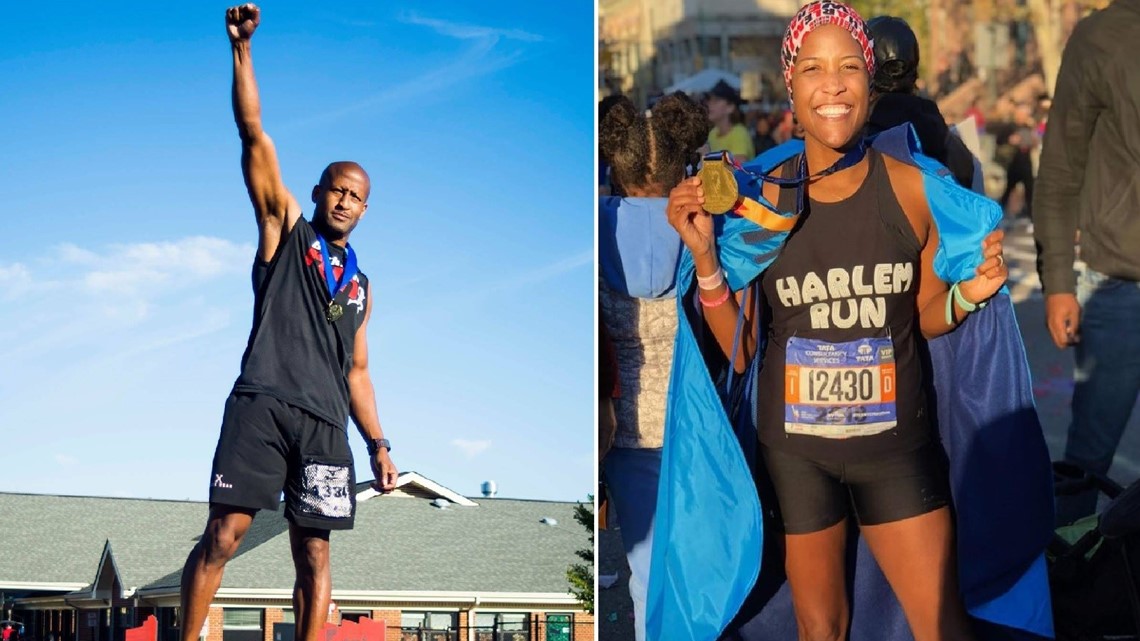
There's no quick and easy answers. Arbery's death will continue to resonate. And, Black runners said they hope to see change so they can continue to enjoy running - without worrying about having to run for their lives.
“Don't let what fearful and closed-minded people have decided your future to be, by how you want to interact with those that are around you," Walton encouraged. "Make your own decisions."
"We're not going to solve this tomorrow," added Désir. "I have hopes that for my son, he enters a different world."

